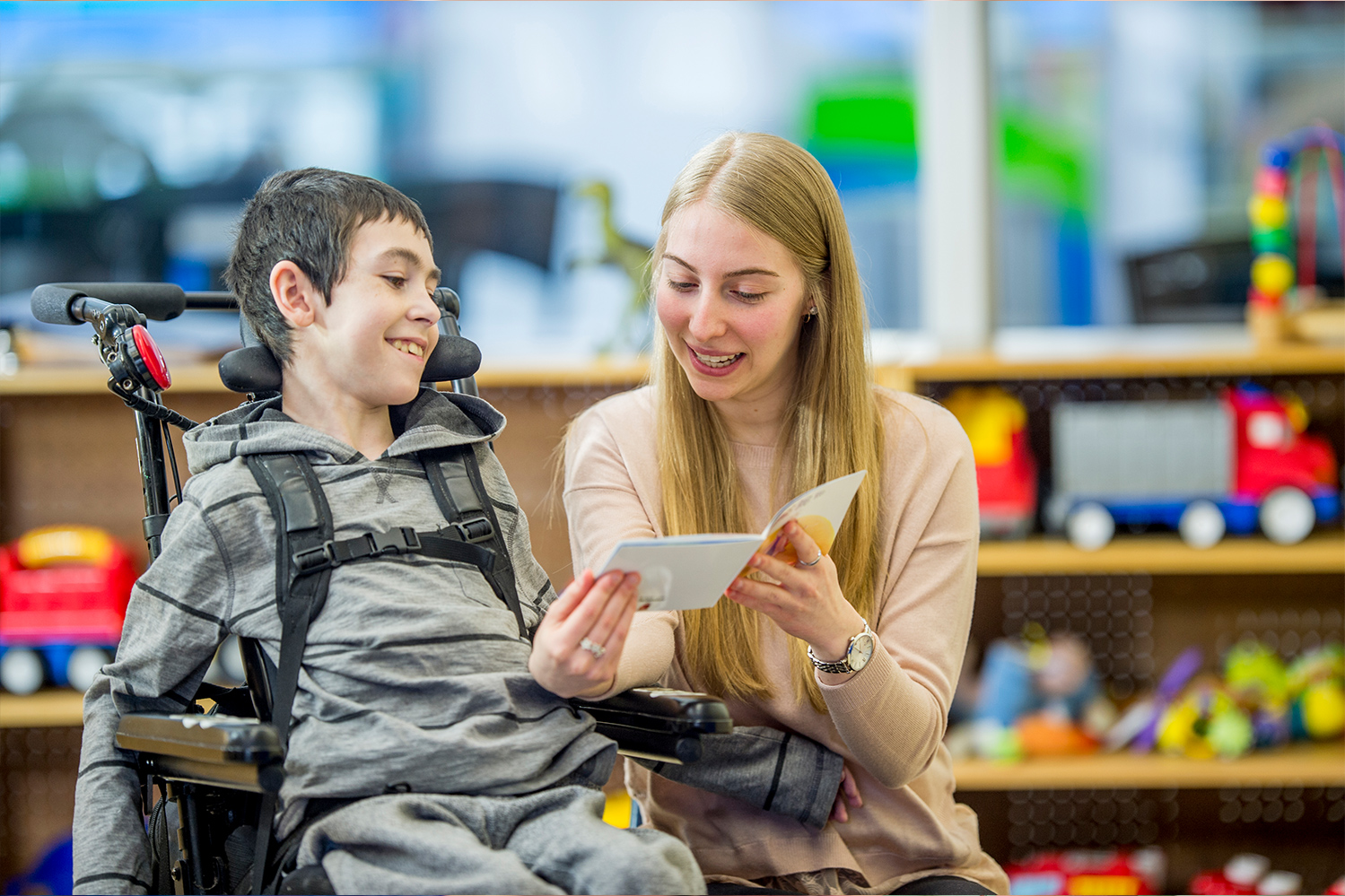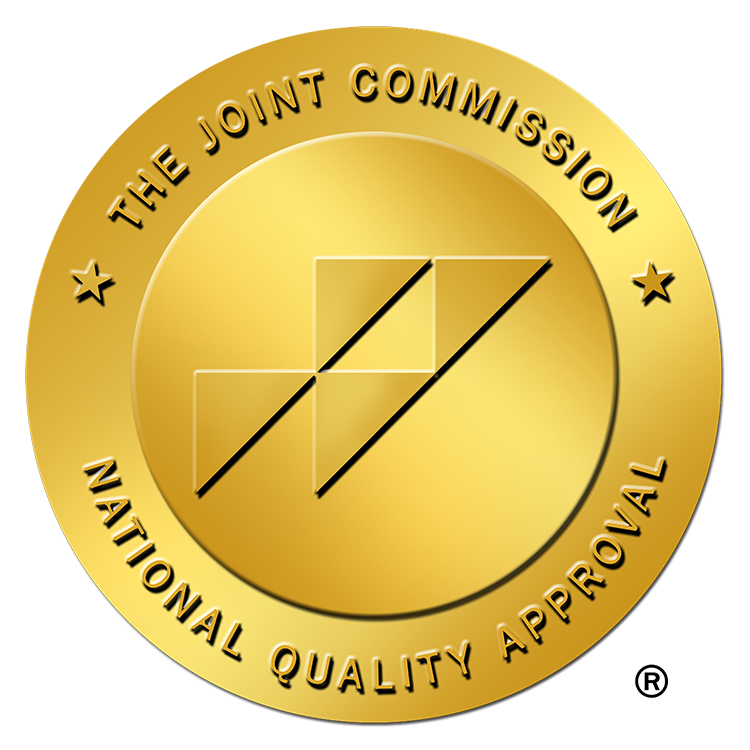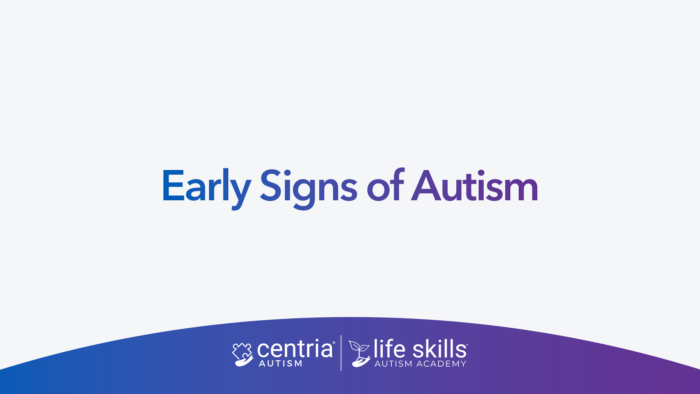
Comprehensive Autism Diagnostic Evaluations
At Centria, our Licensed Psychologists provide comprehensive in-person evaluations. We assess the full picture of your child’s strengths, challenges, and developmental skills allowing you to leave with a clear understanding of your child’s needs and how we can support you through the next steps. We offer diagnostic services in select markets or can connect you to trusted partners if we’re not yet in your area.

We Care About Understanding Your Child
Every child is unique. That’s why our diagnostic process is personalized and comprehensive—because understanding your child is the first step to helping them succeed.
What Is an Autism Diagnostic Evaluation?
What Happens During the Evaluation?
Who Performs the Evaluation?
What Can the Evaluation Diagnose?
The Sooner You Know, the Sooner You Can Support
Noticing changes in how your child communicates, interacts, or handles daily routines? Getting clarity early helps you advocate with confidence. Early evaluation leads to early access to services, which benefits both you and your child. Our Licensed Psychologists provide evaluations tailored to your child’s developmental stage and needs.
How Centria Can Help
Centria Autism offers in-person diagnostic evaluations in select markets. Our Licensed Psychologists assess communication, social, and cognitive skills using tools that reflect each child’s unique abilities. We gather information from multiple sources to ensure a complete and individualized diagnosis. Click here to get started.
What to Expect During Your Child’s Diagnostic Evaluation
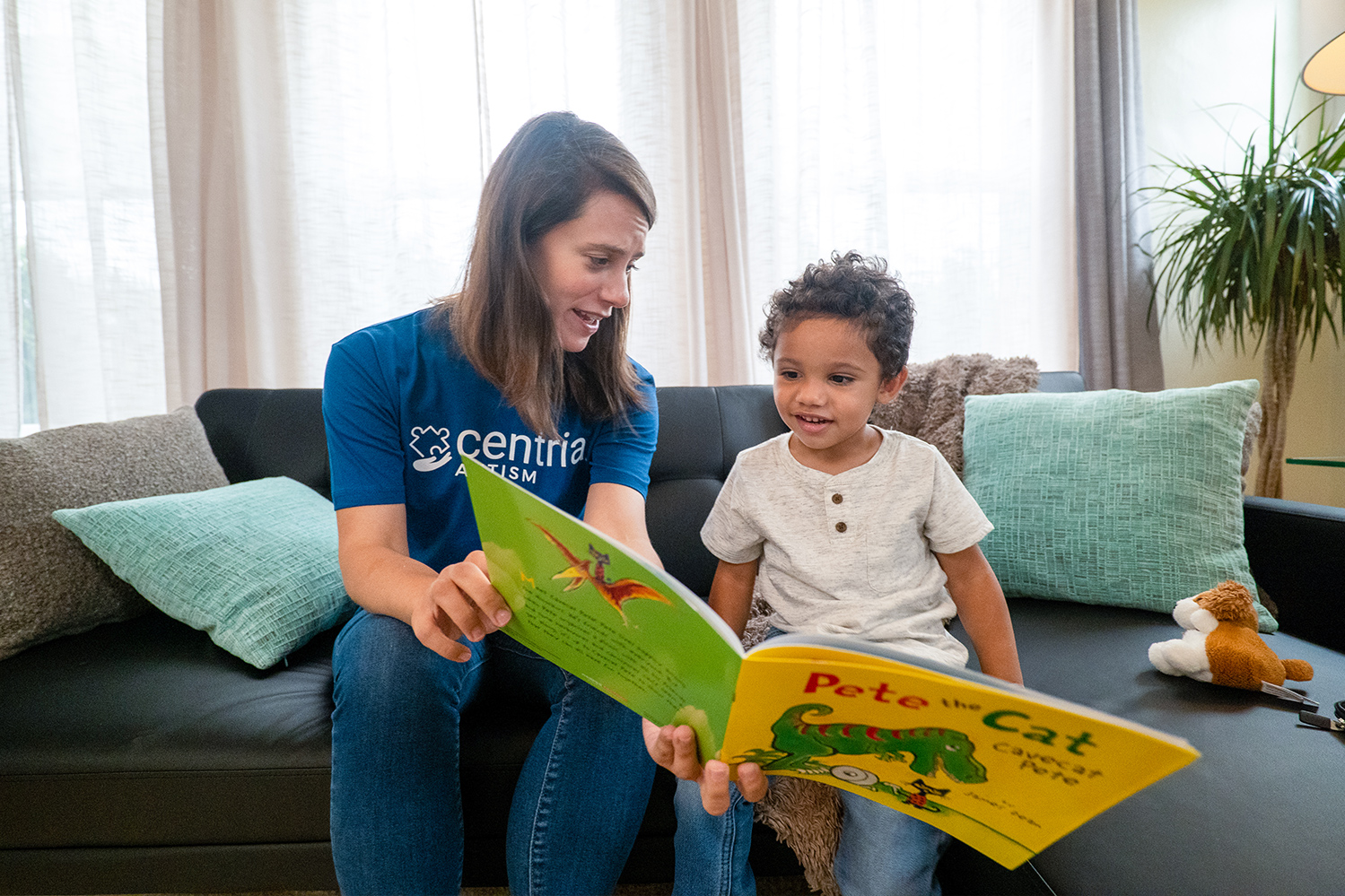
Initial Consultation
We begin by learning more about your child’s history, behavior, and developmental milestones to help shape the evaluation process.

Observation and Interaction
Your child will meet with a member of our diagnostic team in person to complete structured and unstructured assessment activities.
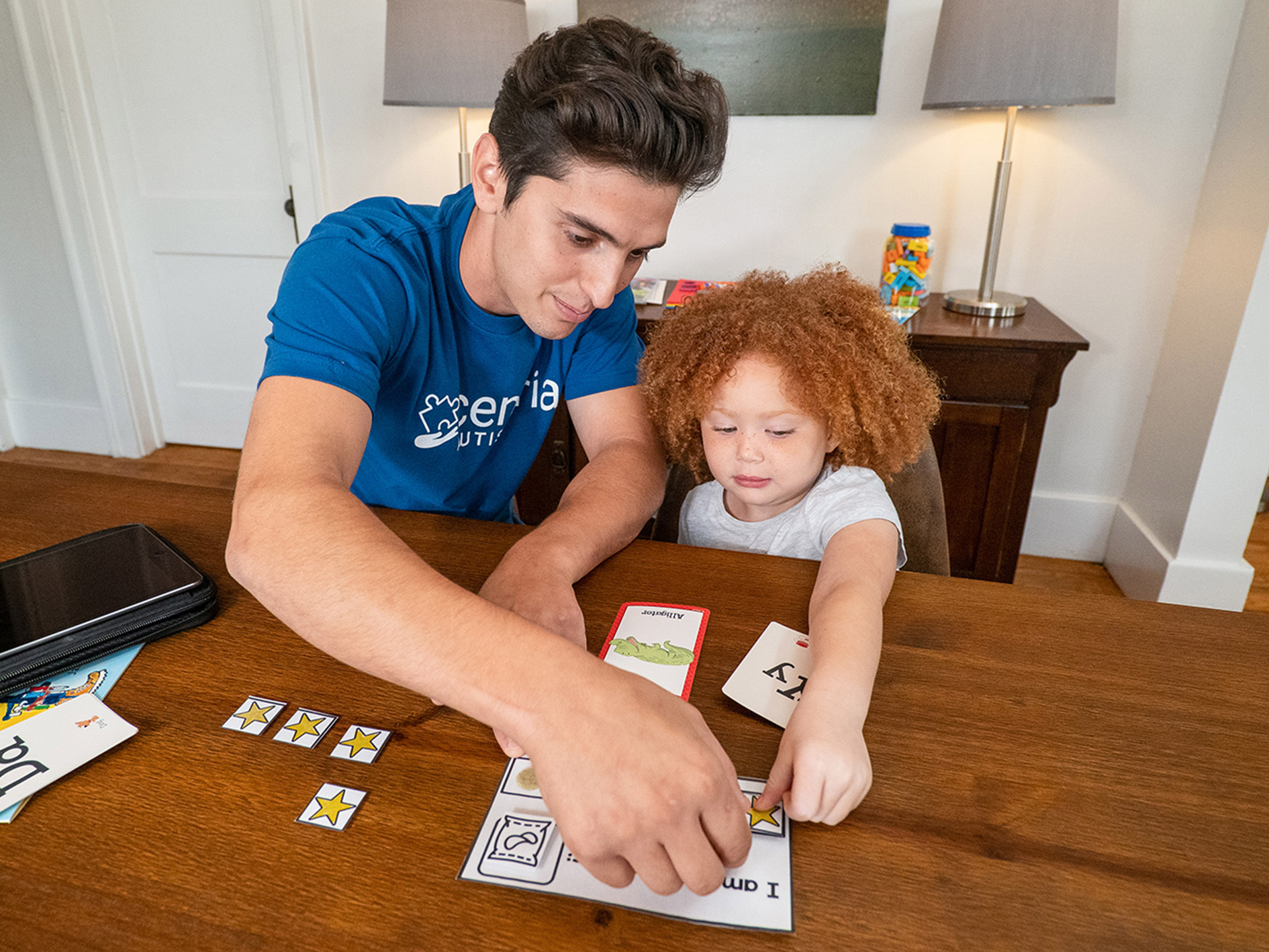
Results and Next Steps
After the evaluation, you’ll receive a written report outlining findings, insights, and recommendations for next steps.
From Diagnosis to Ongoing Support
A Clear Path Forward
Receiving a diagnosis is just the beginning. If your child qualifies for ABA therapy, our team will support the transition and help you understand what to expect. We focus on skills that matter most—communication, daily living, and social growth.
What Happens After Diagnosis?
After your child receives a diagnosis, we’ll help guide you through what comes next.
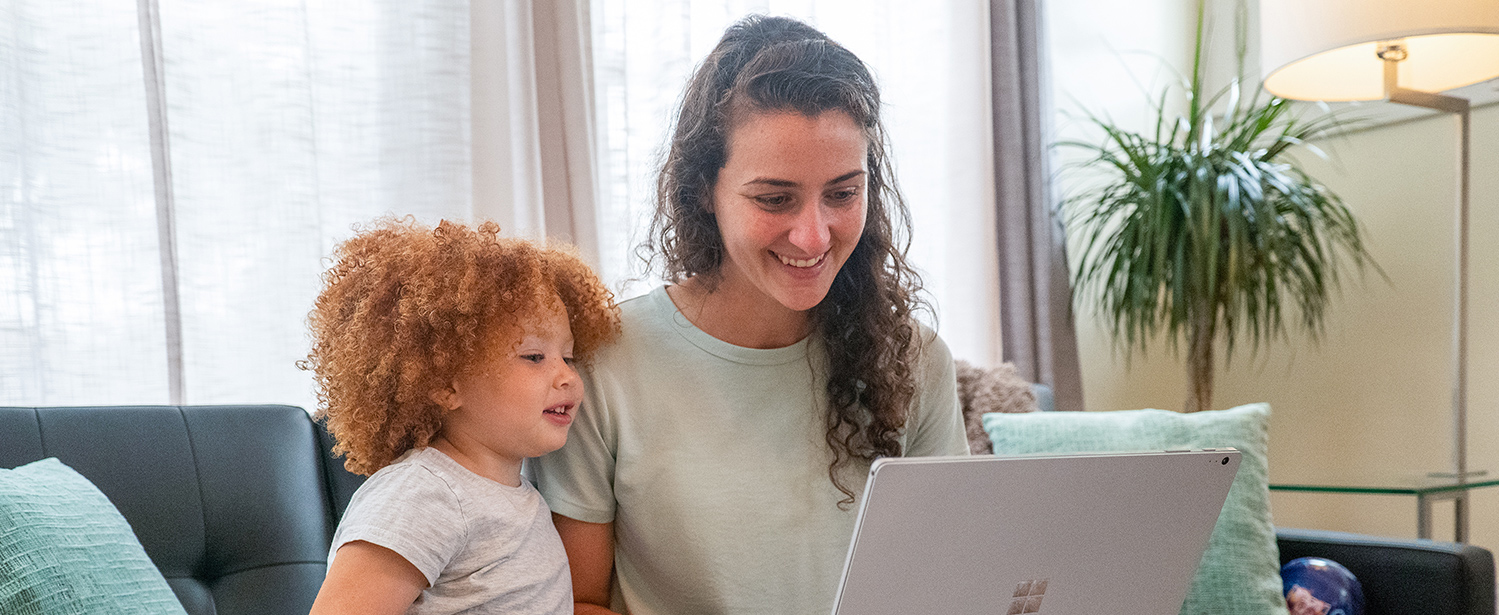
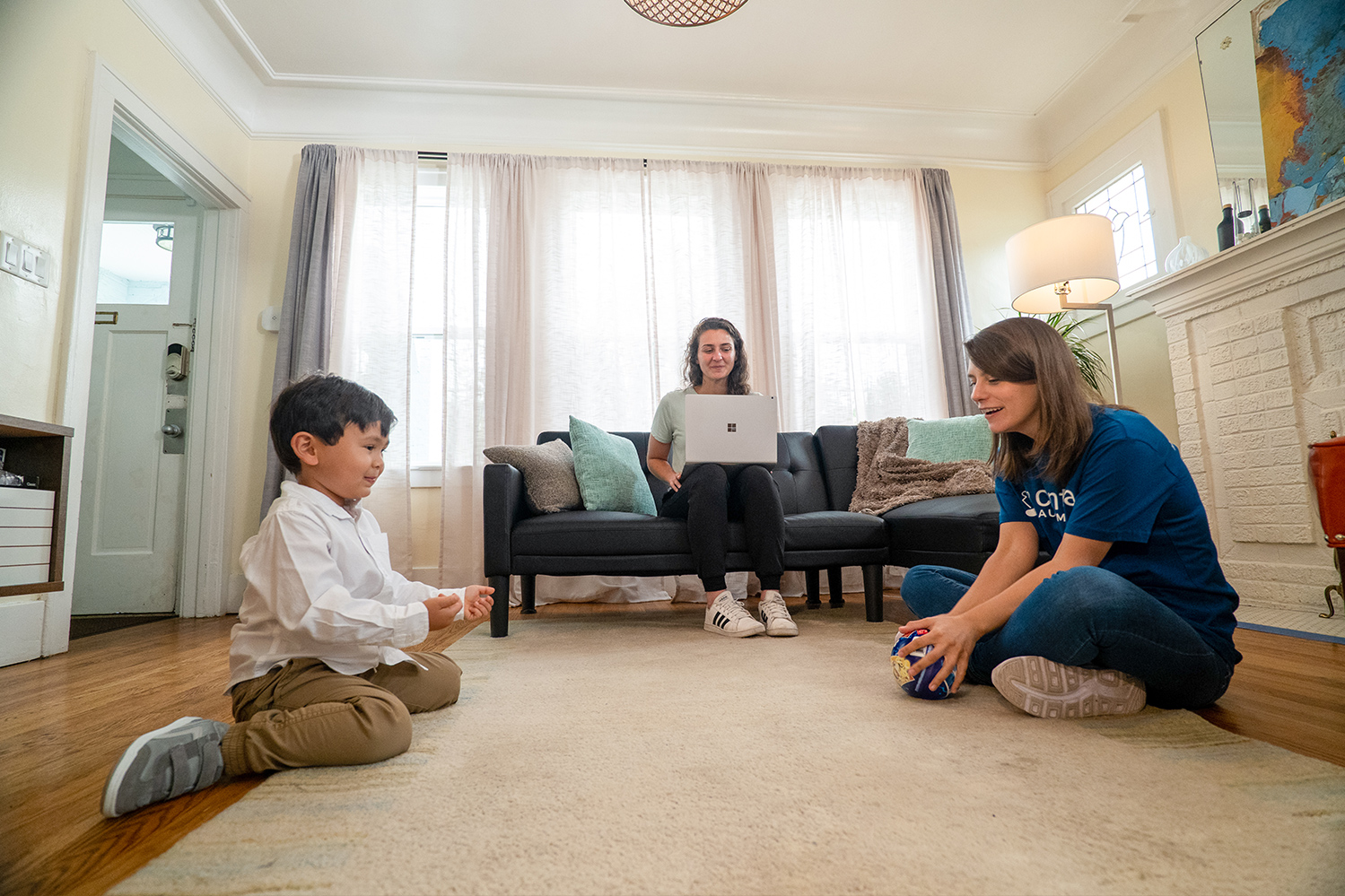
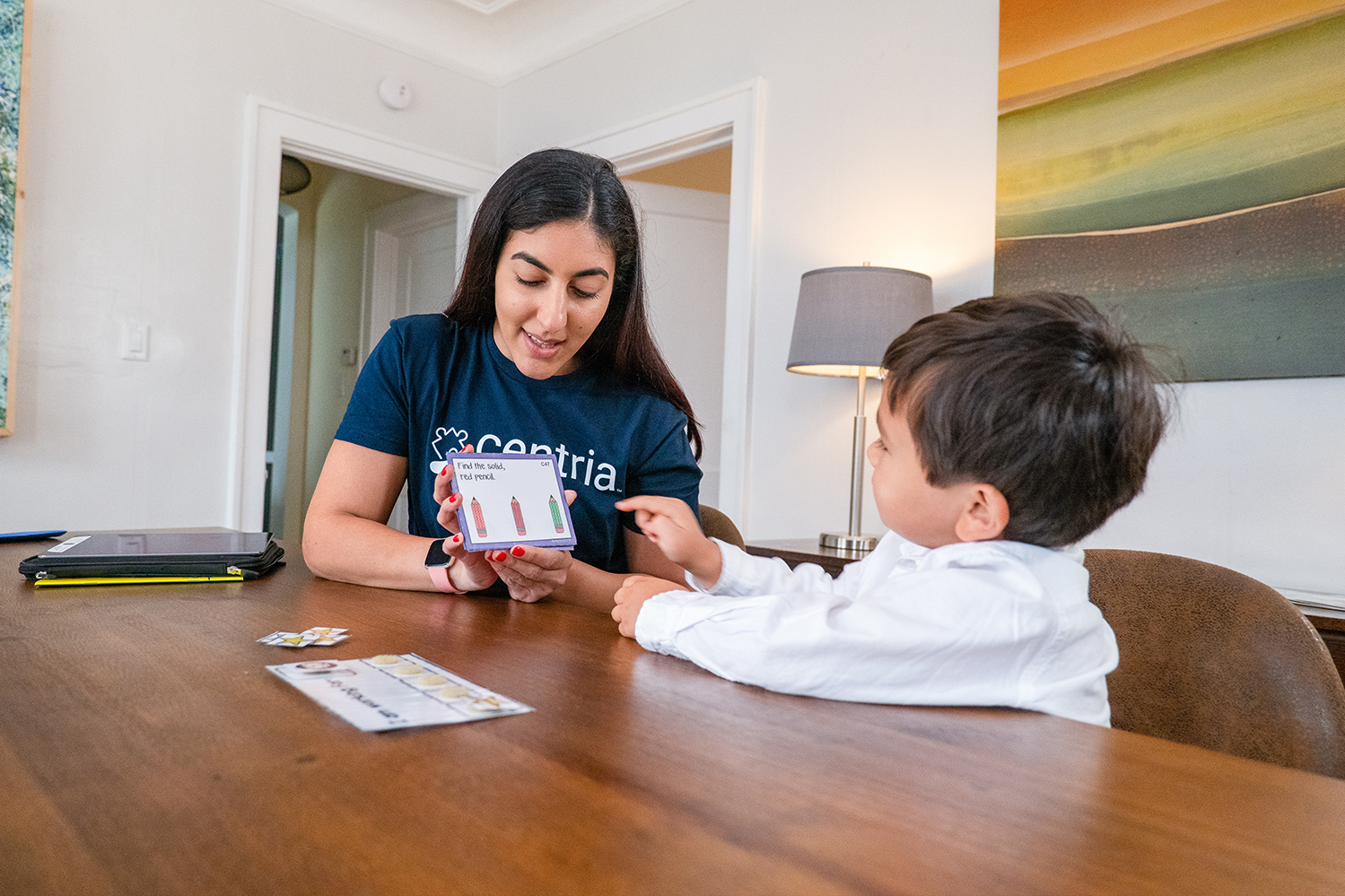
Review and Understand Your Report
Explore Available Support Options
Begin Building Your Child’s Support Plan
How Centria Supports Your Child’s Journey
From your first question to long-term progress, Centria is committed to walking with you every step of the way. Let’s take the next step together.
We Are Here to Answer Any of Your Questions
Services are available in select markets. To get started, click here and complete the form.
For markets where we do not offer services currently, our team of specialists can help connect you with a provider in your area that provides diagnostic evaluations.
- Parent interviews/questionnaires
- Behavioral observations
- Standardized assessments (ex. cognitive assessments, developmental assessments, adaptive assessments)
- Autism-specific assessments (ex. ADOS-2, ADI-R)

